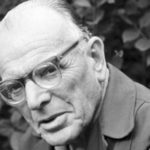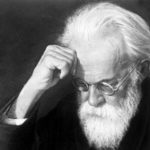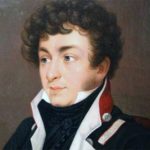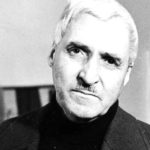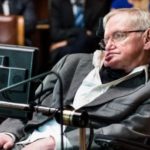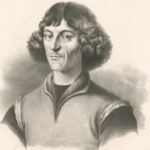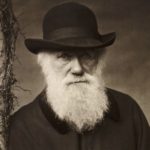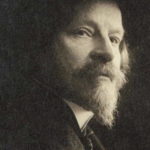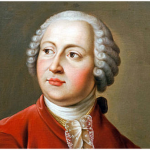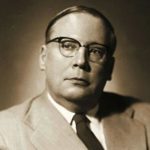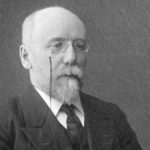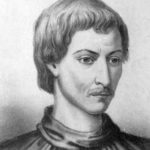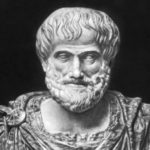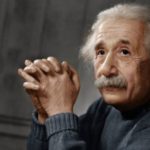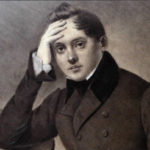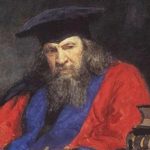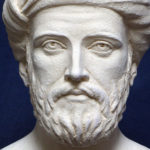Interesting facts from the life of Konstantin Tsiolkovsky
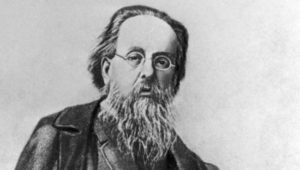 The great scientist Konstantin Tsiolkovsky was one of the most prominent minds of the 20th century. The Soviet space program was largely based on his work, and in the modern world they are the basis of a multitude of space research. The merits of Tsiolkovsky before all mankind cannot be overestimated; he advanced science far ahead, dreaming of a time when humanity will be able to conquer not only the home planet, but also distant stars.
The great scientist Konstantin Tsiolkovsky was one of the most prominent minds of the 20th century. The Soviet space program was largely based on his work, and in the modern world they are the basis of a multitude of space research. The merits of Tsiolkovsky before all mankind cannot be overestimated; he advanced science far ahead, dreaming of a time when humanity will be able to conquer not only the home planet, but also distant stars.
The scientist had Polish roots. His ancestors came from the Polish noble family.
At the age of 9, Konstantin Tsiolkovsky partially lost his hearing as a result of a cold and scarlet fever caused by it.
As a child, he loved to make toys and mechanisms with his own hands, using everything that came to hand as materials.
That work Tsiolkovsky formed the basis for the development of the first multi-stage missiles.
Mother taught her to read and write.
Konstantin Tsiolkovsky did not have a good education. In fact, he was a brilliant self-taught scientist.
The name of Tsiolkovsky is borne by a city in Russia and a crater on the moon.
He was a supporter of technical progress. In particular, he developed theoretical models of hovercrafts and space elevators.
At age 14, Konstantin Tsiolkovsky designed a real lathe of his own design.
Life Tsiolkovsky began uneasy. Not having entered the school for unknown reasons, he engaged in self-education, surviving in fact on bread and water. Parents sent him 10-15 rubles a month, which was sorely lacking. He himself worked as a tutor.
Despite the lack of education, later Konstantin Tsiolkovsky easily passed the exam necessary to become a teacher.
A little-known fact: Tsiolkovsky wrote and fiction. Thus, at the turn of the 19th and 20th centuries, he wrote the work On the Moon, in which he described the local conditions. After many decades, it turned out that he had predicted everything very accurately.
It was Tsiolkovsky who created the first wind tunnel in the USSR, thereby making a huge contribution to the development of aviation.
The scientist argued that the Earth is the cradle of humanity, and sooner or later it is necessary to get out of the cradle, advocated the conquest of space.
During his life, Tsiolkovsky wrote about 400 scientific papers on rocket science.
Tsiolkovsky proposed the first interplanetary rocket project as far back as 1903.
Once he developed the kinetic theory of gases, after which he learned that it had already been discovered 25 years earlier.
Konstantin Tsiolkovsky had seven children – four sons and three daughters, but only two girls outlived their parents.
A lot of time he devoted to the development of controlled balloons. Some of his works were later used in the construction of airships.
